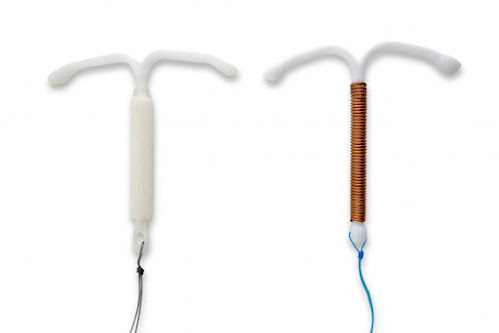Addressing Controversies Surrounding Male Circumcision in Dubai
Male circumcision in Dubai remains a topic of controversy, eliciting debates and discussions surrounding its cultural, religious, and medical implications. Addressing controversies surrounding male circumcision is essential for promoting informed decision-making and fostering respectful dialogue within the Dubai community.
One of the primary controversies surrounding Male Circumcision in Dubai revolves around issues of consent and bodily autonomy, particularly when the procedure is performed on infants and young children. Critics argue that circumcision violates the rights of individuals to make decisions about their own bodies, as infants cannot provide informed consent for a procedure that permanently alters their genitalia. This raises ethical questions about the practice of circumcision and the rights of children to bodily integrity and self-determination.
Additionally, the medical necessity of circumcision has been a subject of debate, with conflicting evidence regarding its health benefits and risks. While some studies suggest that circumcision may reduce the risk of certain infections and diseases, others question the extent of these benefits and highlight potential complications associated with the procedure, such as pain, bleeding, and infection. Critics argue that the medical evidence supporting circumcision is insufficient to justify its routine practice, especially considering the potential harms and ethical concerns involved.
Cultural and religious factors also contribute to the controversy surrounding male circumcision in Dubai. While circumcision holds significant cultural and religious significance within the Muslim community, non-Muslims may question the necessity of the procedure and its imposition on individuals who do not share the same beliefs. This raises concerns about cultural sensitivity, religious freedom, and the rights of individuals to practice their own beliefs without interference or coercion.
Furthermore, gender equality considerations come into play when discussing male circumcision, as the practice is often perceived as privileging male bodies over female bodies within patriarchal societies. Critics argue that the emphasis on male circumcision perpetuates gender-based discrimination and reinforces harmful gender norms that prioritize male experiences and perspectives over female experiences.
In conclusion, addressing controversies surrounding Male Circumcision in Dubai requires a nuanced understanding of cultural traditions, medical evidence, and ethical considerations to ensure that individual rights, cultural diversity, and public health are respected and upheld. By fostering respectful dialogue and promoting informed decision-making, individuals and communities can navigate the complexities of male circumcision in Dubai while promoting health, dignity, and human rights for all.



Comments
Post a Comment